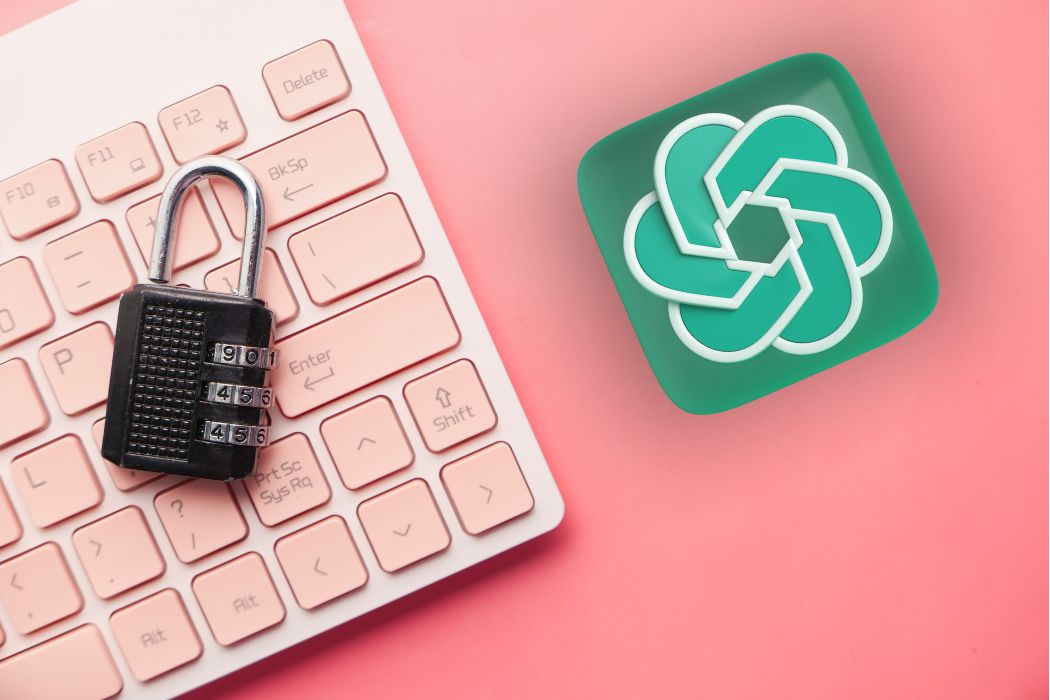The advancement of artificial intelligence has led to many exciting breakthroughs, but it also brings with it new privacy concerns. As AI models become more sophisticated and their applications more widespread, it’s increasingly important to consider the privacy implications of these technologies. In this article, we will explore the privacy concerns surrounding OpenAI’s ChatGPT language model and what it means for data security and confidentiality.
What is ChatGPT?
ChatGPT is an advanced AI language model developed by OpenAI. It is designed to generate human-like text, making it a powerful tool for various applications such as chatbots, content generation, and more. The model is trained on massive amounts of data and can generate text that is not only grammatically correct, but also semantically coherent. This makes it a powerful tool for businesses looking to automate certain tasks, but it also raises privacy concerns.
Privacy Concerns with AI Models
One of the biggest privacy concerns with AI models like ChatGPT is the amount of personal data they are trained on. As these models are trained on massive amounts of data, they inevitably come into contact with sensitive information, such as personal details, financial information, and other confidential data. This information is then used to generate predictions and generate text, which could potentially be used to harm individuals or organizations.
Another privacy concern is the risk of AI models being used for malicious purposes. With their ability to generate human-like text, AI models like ChatGPT could be used to impersonate individuals or organizations and spread false information. This could have serious consequences for both individuals and organizations, as it could lead to loss of trust, financial loss, and more.

Ensuring Privacy with ChatGPT
To mitigate the privacy risks associated with ChatGPT and other AI models, it’s important to take steps to ensure that personal and confidential information is protected. This includes implementing robust security measures to prevent unauthorized access to sensitive data, and implementing strict data protection policies to ensure that data is only used for its intended purpose.
One of the ways to ensure privacy with ChatGPT is by limiting the amount of personal data it is trained on. This can be done by carefully selecting the data that is used to train the model, and by anonymizing sensitive information wherever possible. This will help to reduce the risk of sensitive information being used for malicious purposes and ensure that privacy is protected.
Another important step is to regularly monitor and audit the use of ChatGPT and other AI models to ensure that they are being used in a responsible and ethical manner. This includes monitoring for signs of malicious use and implementing measures to prevent it. It also includes regularly reviewing and updating data protection policies to ensure that they remain effective.
The Future of ChatGPT and Privacy
As AI models continue to advance, it’s likely that privacy concerns will become even more important. With the increasing sophistication of these models, it will become increasingly important to take steps to ensure that personal and confidential information is protected. This will require a combination of technical solutions and responsible use of these models, as well as ongoing education and awareness-raising about the privacy risks associated with AI.
Conclusion
In conclusion, ChatGPT is a powerful tool with a wide range of applications, but it also raises important privacy concerns. By taking steps to ensure privacy and implementing robust security measures, organizations can help to mitigate these risks and ensure that the benefits of advanced AI are realized without putting personal and confidential information at risk.
So, what do you think about ChatGPT and privacy? We’d love to hear your thoughts in the comments.
